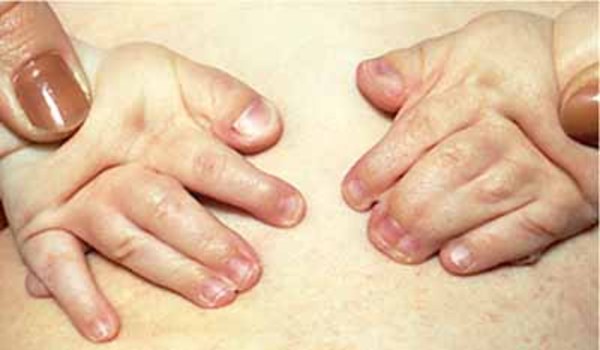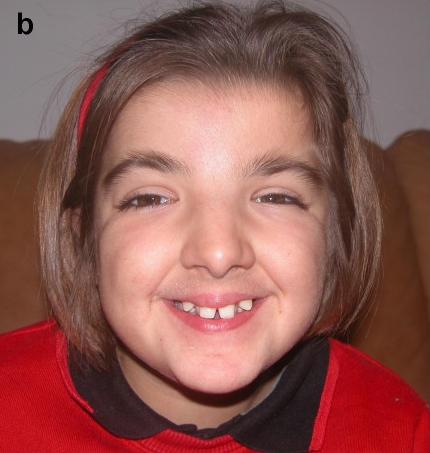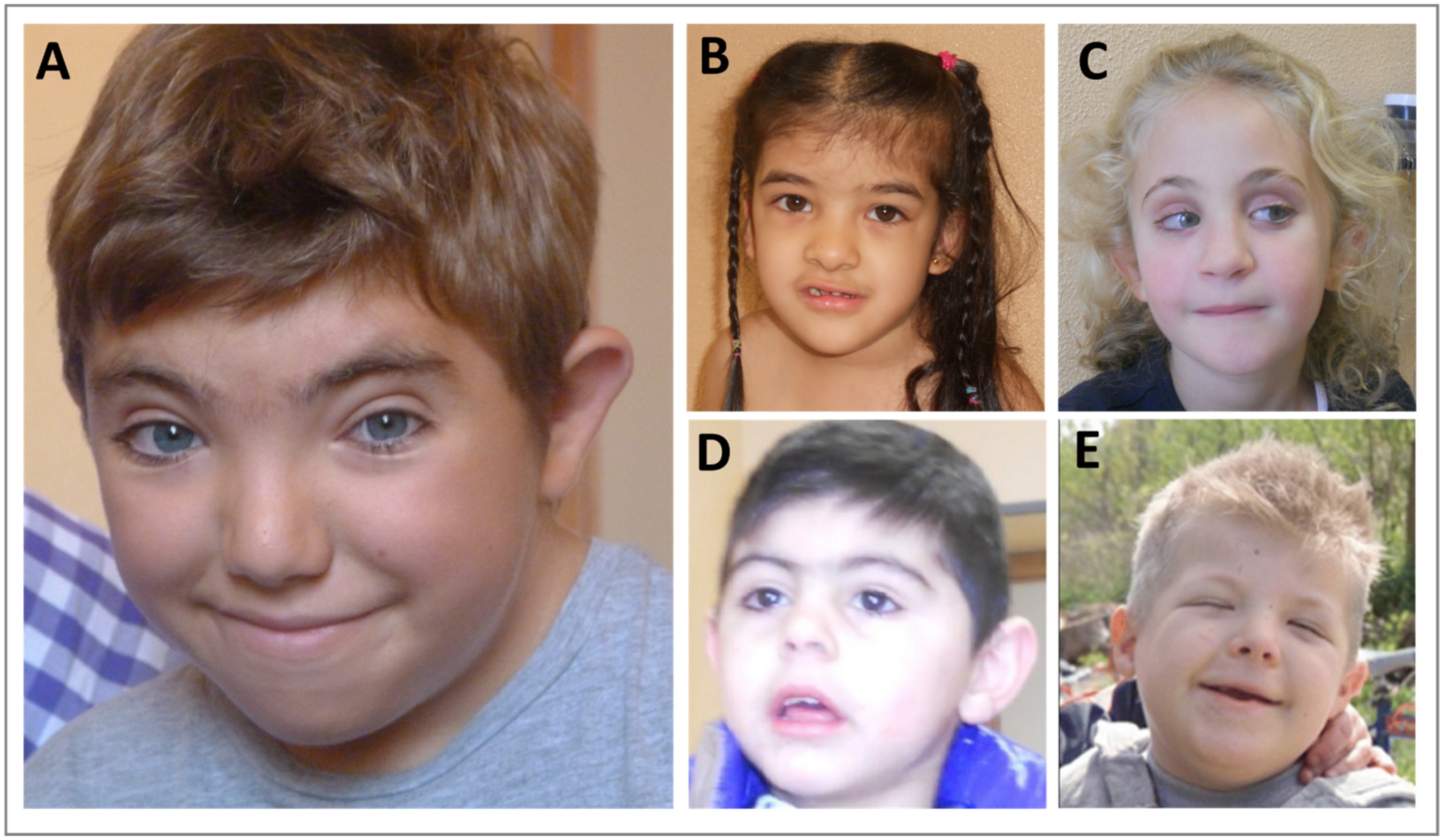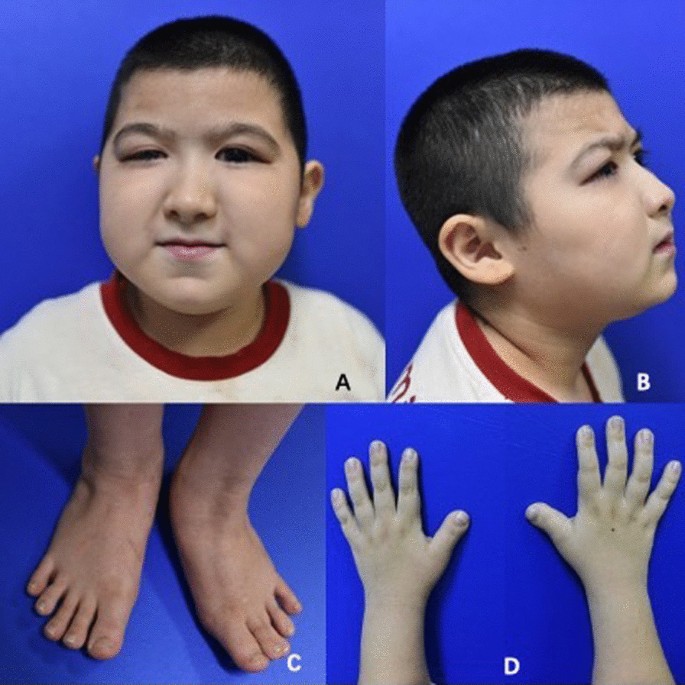Genes, Free Full-Text
Por um escritor misterioso
Last updated 10 novembro 2024
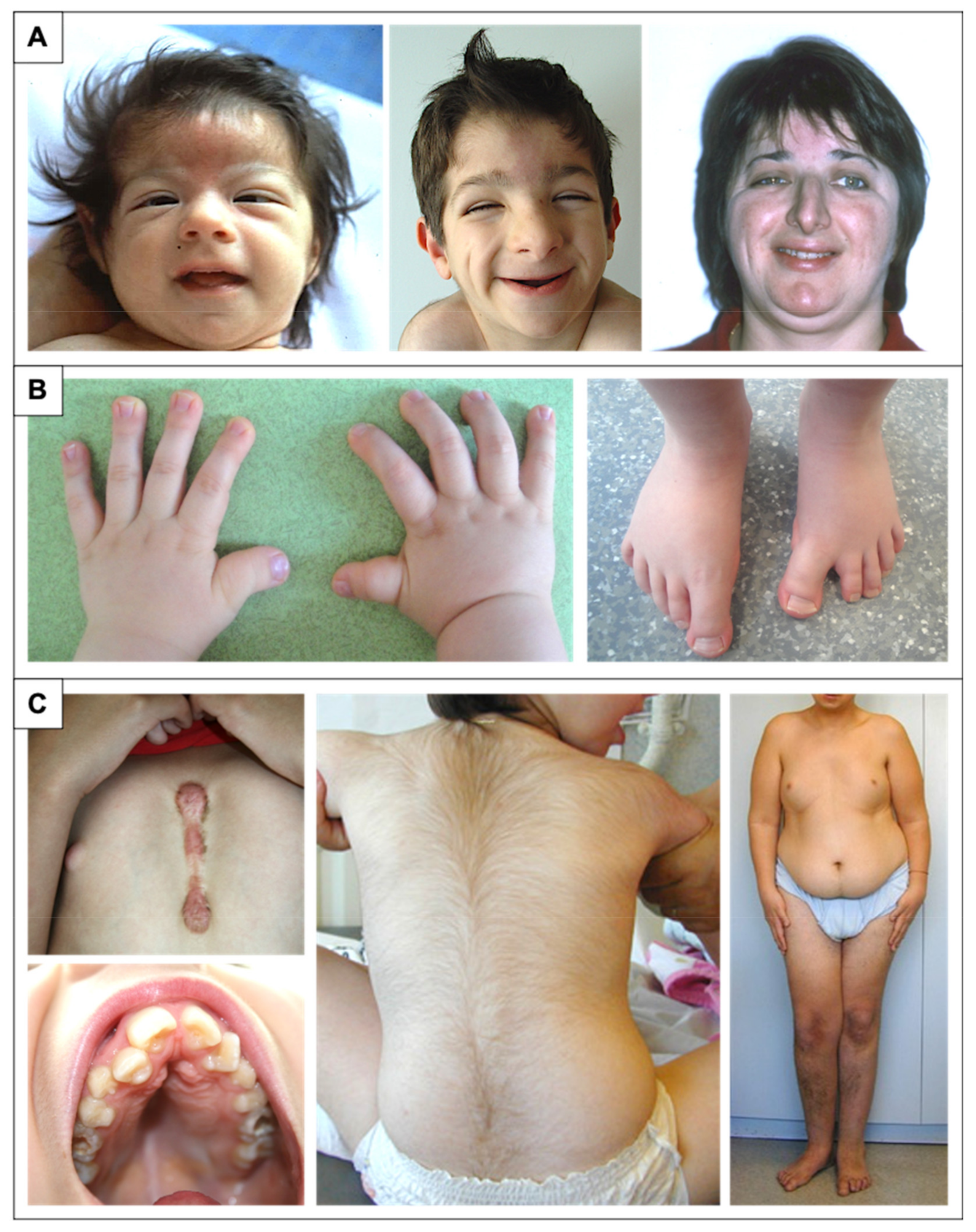
The Rubinstein-Taybi syndrome (RSTS) is a rare congenital developmental disorder characterized by a typical facial dysmorphism, distal limb abnormalities, intellectual disability, and many additional phenotypical features. It occurs at between 1/100,000 and 1/125,000 births. Two genes are currently known to cause RSTS, CREBBP and EP300, mutated in around 55% and 8% of clinically diagnosed cases, respectively. To date, 500 pathogenic variants have been reported for the CREBBP gene and 118 for EP300. These two genes encode paralogs acting as lysine acetyltransferase involved in transcriptional regulation and chromatin remodeling with a key role in neuronal plasticity and cognition. Because of the clinical heterogeneity of this syndrome ranging from the typical clinical diagnosis to features overlapping with other Mendelian disorders of the epigenetic machinery, phenotype/genotype correlations remain difficult to establish. In this context, the deciphering of the patho-physiological process underlying these diseases and the definition of a specific episignature will likely improve the diagnostic efficiency but also open novel therapeutic perspectives. This review summarizes the current clinical and molecular knowledge and highlights the epigenetic regulation of RSTS as a model of chromatinopathy.

Genes Free Will And Human Identity - Audio Slider

Correlation between genomic profiling of cell-free DNA (cfDNA) and

Celiac and the Beast: A Love Story Between a Gluten-Free Girl, Her
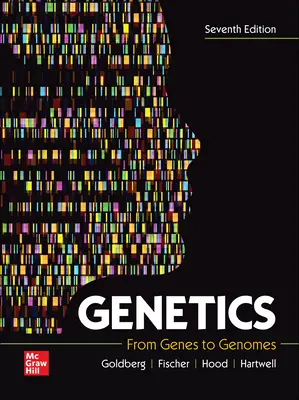
Genetics: From Genes to Genomes
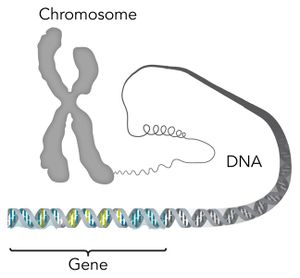
Genetic Conditions and Inheritance - Physiopedia

Listen Free to Dirty Genes: A Breakthrough Program to Treat the

Characterization of genetic lesions in apoptosis-regulating and
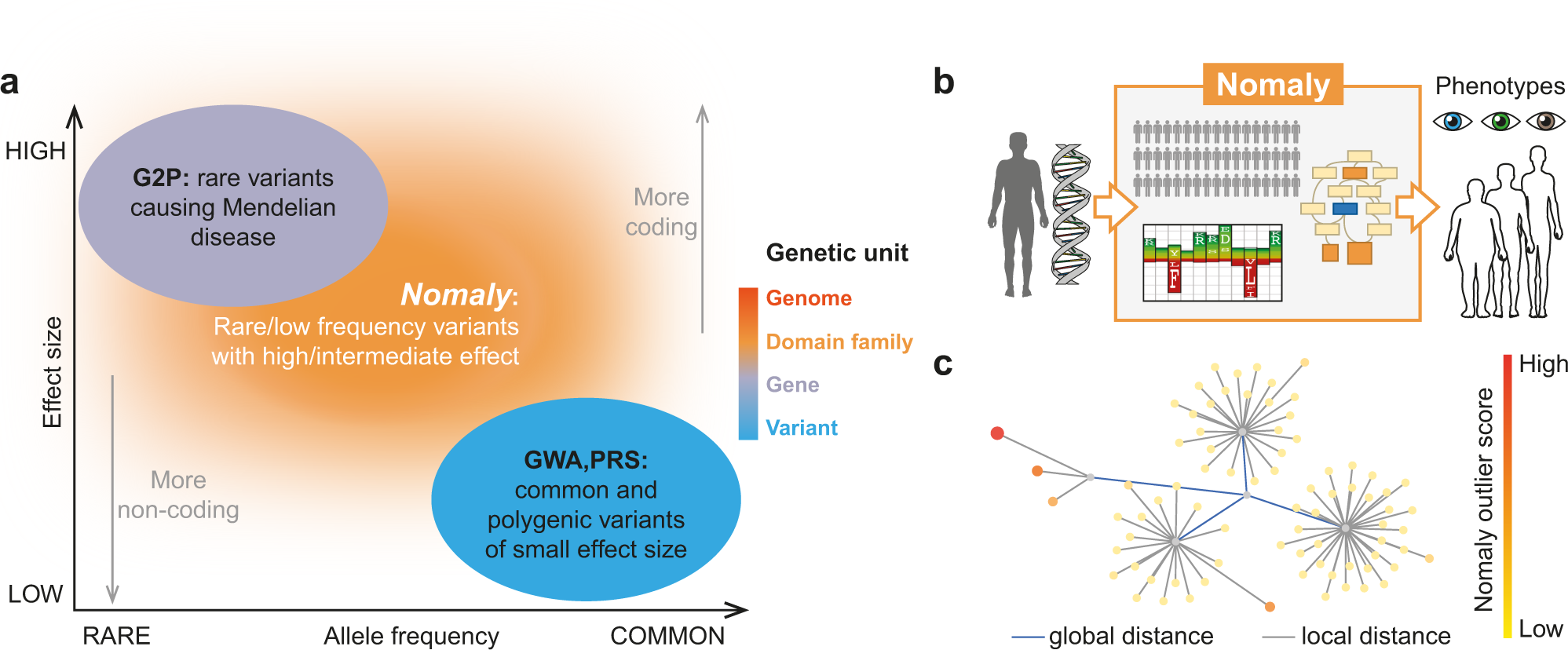
Hypothesis-free phenotype prediction within a genetics-first
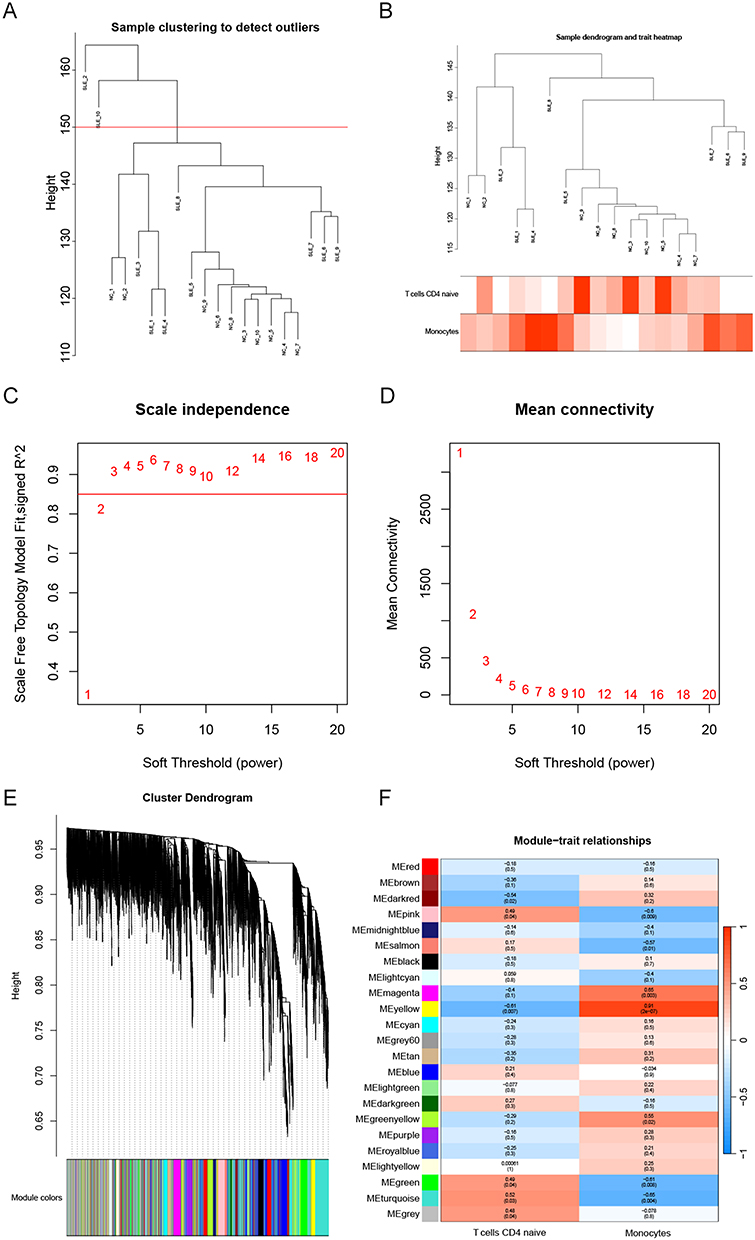
Exploring the potential mechanisms of action for HF and SLE

A Gene-Expression Signature as a Predictor of Survival in Breast
Recomendado para você
você pode gostar
